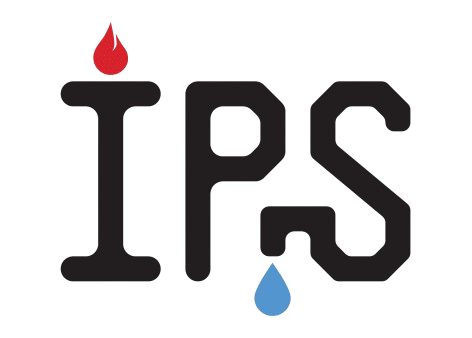Your home’s plumbing system is a complex network that works tirelessly to provide you with clean water and remove wastewater. But like any system, it has its limits. Overstressing your plumbing can lead to costly repairs and inconvenient disruptions. As a homeowner, understanding how to minimize stress on your pipes is crucial. Here are some key ways to ensure your plumbing stays healthy:
1. Mind What You Flush and Drain:
- The “Three Ps” Rule: Only flush pee, poop, and (toilet) paper. Anything else, including wipes (even “flushable” ones), cotton balls, feminine hygiene products, and paper towels, can clog your pipes.
- Grease Disposal: Never pour grease or cooking oil down the drain. It solidifies and creates stubborn blockages. Instead, let grease cool and solidify, then dispose of it in the trash.
- Food Scraps: Avoid putting food scraps down the drain, even with a garbage disposal. Small particles can accumulate and cause clogs. Compost food waste whenever possible.
2. Manage Water Pressure:
- Check Your Pressure: High water pressure can put excessive strain on your pipes and fixtures, leading to leaks and premature wear. Use a water pressure gauge to check your home’s pressure. Ideally, it should be between 40 and 60 psi.
- Install a Pressure Regulator: If your water pressure is too high, install a pressure regulator to reduce it to a safe level.
3. Prevent Frozen Pipes:
- Insulate Pipes: In cold climates, insulate exposed pipes in unheated areas like basements, crawl spaces, and exterior walls.
- Drip Faucets: During freezing weather, let a faucet drip slightly to keep water moving through the pipes and prevent them from freezing.
- Open Cabinet Doors: Open cabinet doors under sinks to allow warm air to circulate around the pipes.
4. Maintain Your Water Heater:
- Flush Regularly: Flush your water heater annually to remove sediment buildup, which can reduce efficiency and shorten its lifespan.
- Check the Anode Rod: The anode rod protects your water heater from corrosion. Inspect it regularly and replace it when necessary.
- Set the Temperature: Set your water heater temperature to 120°F (49°C) to prevent scalding and save energy.
5. Address Leaks Promptly:
- Regular Inspections: Periodically inspect your pipes, faucets, and fixtures for leaks. Even small leaks can waste water and cause damage.
- Fix Leaks Immediately: Don’t ignore leaks. Repair them as soon as possible to prevent further damage and water waste.
6. Be Mindful of Tree Roots:
- Plant Trees Away From Pipes: Tree roots can invade sewer lines and cause blockages. Plant trees at a safe distance from your underground pipes.
- Regular Sewer Line Inspections: If you suspect root intrusion, have your sewer line inspected by a professional.
7. Use Plumbing Fixtures Properly:
- Avoid Overloading Garbage Disposals: Feed food scraps into the disposal gradually and run plenty of cold water.
- Don’t Force Handles: If a faucet handle or toilet lever is stiff, don’t force it. This can damage internal components.
8. Consider a Water Softener:
- Hard Water Issues: If you have hard water, consider installing a water softener to reduce mineral buildup in your pipes and fixtures.
By following these tips, you can minimize stress on your home’s plumbing system and prevent costly repairs. Regular maintenance and mindful usage will ensure your pipes remain healthy and efficient for years to come.
